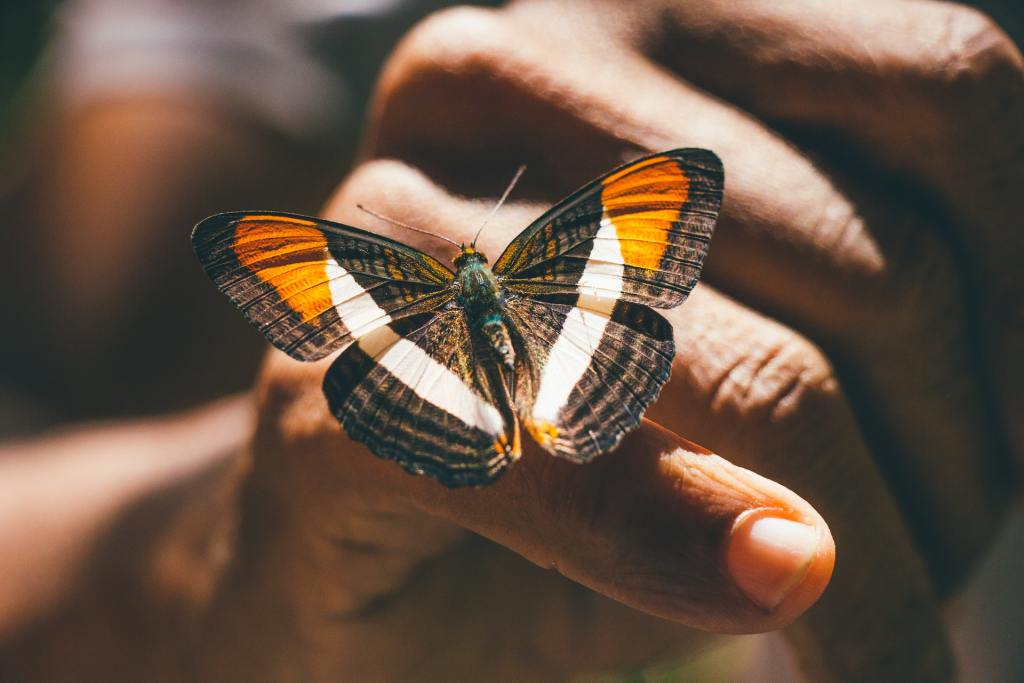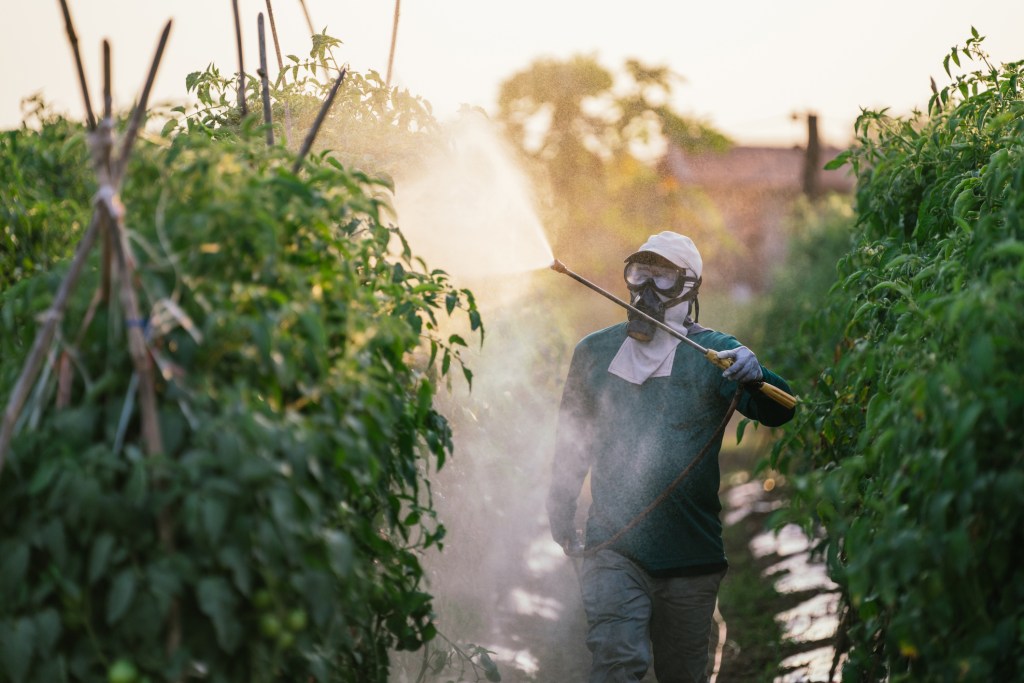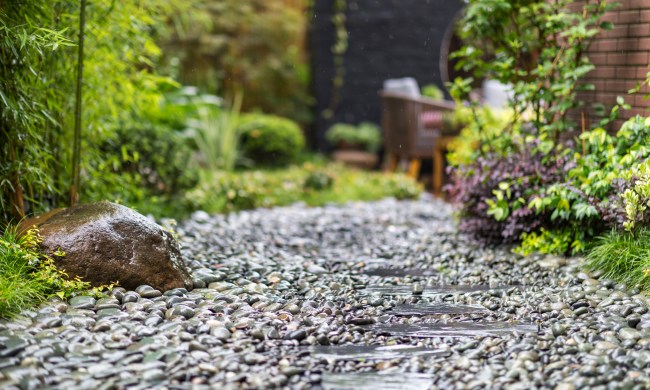Every time we turn on the TV or open a magazine, it seems like another species is endangered or going extinct. Or the opposite is happening — an invasive plant is taking over a national forest, or a type of fish is eating away an essential plant in the ocean’s ecosystem. And without fail, every headline uses the term climate change and blames this newest catastrophe on its effects. As a reader, it can start to feel like clickbait, but unfortunately, most of these headlines are accurate. The impact of climate change is global, and there are so many of them they’re hard to keep track of.
So today, we’re going to be talking about the impact climate change has on the insect population, why it matters to gardeners, and specifically how to help the butterflies.

Why are bugs so important?
When you spend any amount of time outside, you’re likely to encounter a bug. This could be a harmless ant or a terrifying hornet. Either way, we often get grossed out by bugs and end up squishing them. Even little kids love to stomp on an ant they see crawling on the sidewalk. And it’s this unfortunate natural disgust for insects that makes them the lesser recognized victims of climate change. More often than not, the animals that we hear about are the fluffy bears or the majestic tigers losing their homes due to climate change.
However, those bears and tigers wouldn’t have a home to live in without insects. The whole planet is connected in one big circle of life, and insects are a vital piece of the puzzle. They cycle nutrients, disperse seeds, maintain soil structure, pollinate plants, and are a significant food source to many animals on the planet. So even though they are sometimes creepy and their legs and antennae are gross, we need these little guys to keep our home healthy.
Where are the butterflies?
In 2021, the Butterfly Conservation in the UK conducted the largest butterfly and moth count in history. Unfortunately, even though they had more records than any other year, they saw the lowest number of butterflies and moths than ever before. This disturbing fact can rattle even those who might be climate change skeptics. There’s no denying that something is going on, and it’s not good. It’s widely understood that these numbers are declining because of industrial agriculture, deforestation, and climate change.
As the climate warms, insects like butterflies are suffering. Their habitats are disappearing, pesticides are used everywhere, and the hot weather doesn’t allow their breeding cycles to boost their populations fully. Unfortunately, this is true for almost all insects, and the effects are finally starting to be noticed.

Other insects impacted by climate change
While climate change and hotter temperatures harm a lot of wildlife and insects, others thrive on these warmer days. This might sound like good news, but often it means there’s an imbalance in the ecosystem. For example, bark beetles love the warmer temperatures that we’ve been experiencing in the United States. Unfortunately, these beetles are very destructive and have been taking out swaths of trees. The loss of trees is detrimental to the environment, as without them, other insect populations are unable to thrive. Even these tiny beetles have a devastating impact on the earth around them, which is just the beginning.
What can we do in our gardens to help?
As gardeners, we tend to have a more compassionate heart for insects since we often know their importance not just in our garden but also to the planet. So how can we help? First, we can limit our use of pesticides. Whether you have a vegetable garden or a flower garden, it can be devastating to see bugs destroying your plants. However, pesticides don’t have to be the answer. There are other more natural ways to prevent and protect your plants from bugs. We can also help by planting pollinator-friendly gardens. Even if you love growing veggies, you can add plants that the butterflies love right alongside your potatoes to not only deter the harmful bugs from eating your plants but also to invite those lovely butterflies to your garden.
Even if all you have is a balcony garden in the city, there’s always something you can do to fight climate change. So spread the word, tell your garden-loving friends, and maybe try to convert your more urban friends to switch to more eco-friendly options in their everyday life.


